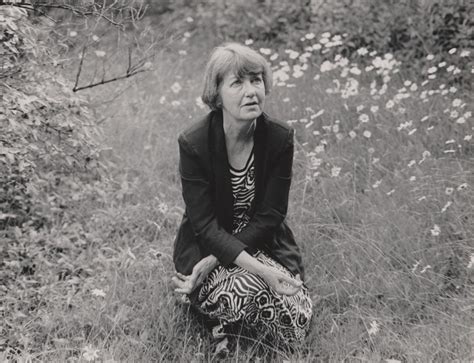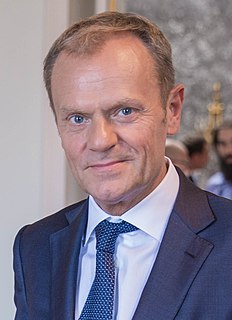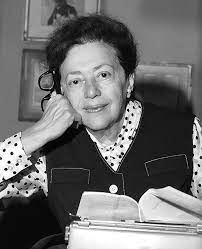A Quote by Pope Benedict XVI
In the 20th century, in the darkest period of German and European history, an insane racist ideology, born of neopaganism, gave rise to the attempt, planned and systematically carried out by the regime, to exterminate European Jews. The result has passed into history as the Shoah.
Related Quotes
What we should grasp, however, from the lessons of European history is that, first, there is nothing necessarily benevolent about programmes of European integration; second, the desire to achieve grand utopian plans often poses a grave threat to freedom; and third, European unity has been tried before, and the outcome was far from happy.
I see myself as, first and above all, a teacher of history; next, a writer of European history; next, a commentator on European affairs; next, a public intellectual voice within the American left; and only then an occasional, opportunistic participant in the pained American discussion of the Jewish matter.





































